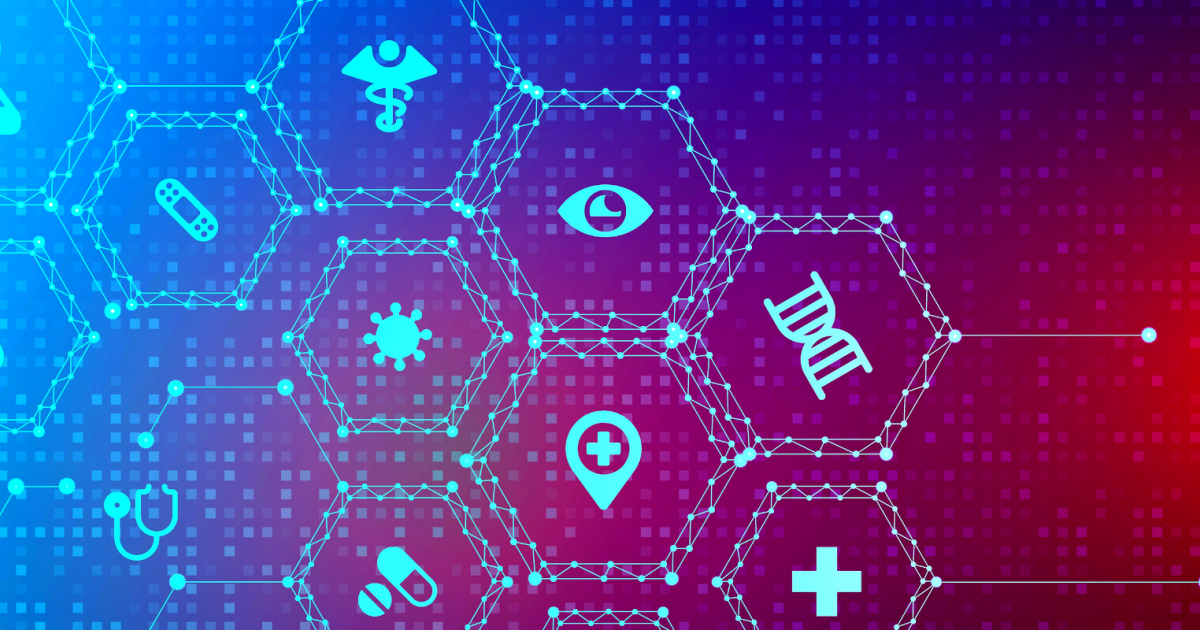Artificial intelligence (AI) has the power to transform the medical field as we know it, and it’s an exciting time for researchers and doctors alike. With the help of AI, medical research and development are being revolutionized. This will benefit patients in numerous ways.
One of the most significant advantages of AI in medicine is the ability to speed up the drug discovery process. Researchers can analyze vast amounts of data to identify potential drug targets and design new drugs that can be tested in clinical trials. This means that life-saving drugs can be developed more quickly, and patients can receive the treatment they need sooner.
Clinical trials are an essential aspect of drug development, but they can be time-consuming and costly. With AI, researchers can identify patients who are most likely to respond to a particular treatment, making clinical trials more efficient. Plus, AI can monitor patient data in real time, allowing researchers to make changes to the trial accordingly.
Another significant benefit of AI in medicine is personalized treatment plans. By analyzing a patient’s medical history, genetics, and other factors, AI can help doctors create individualized treatment plans. This can lead to better patient outcomes and fewer adverse effects. AI algorithms can also predict the likelihood of a patient responding to a particular treatment, allowing doctors to choose the best course of action.
AI can also help doctors diagnose diseases more accurately and quickly, which can make all the difference for patients. It can analyze medical images to detect cancerous tumors that may be missed by human radiologists. AI can also analyze patient data to identify risk factors for diseases, allowing doctors to intervene early and prevent disease progression.
Electronic health records (EHRs) can be analyzed using AI to identify patterns in data, which help doctors make better-informed decisions. AI can also analyze EHRs to identify potential adverse drug interactions and other risks.
Overall, AI has the potential to transform the medical field and improve patient outcomes. It’s an exciting time for medical research and development, and we can’t wait to see what the future holds.
















2 Comments